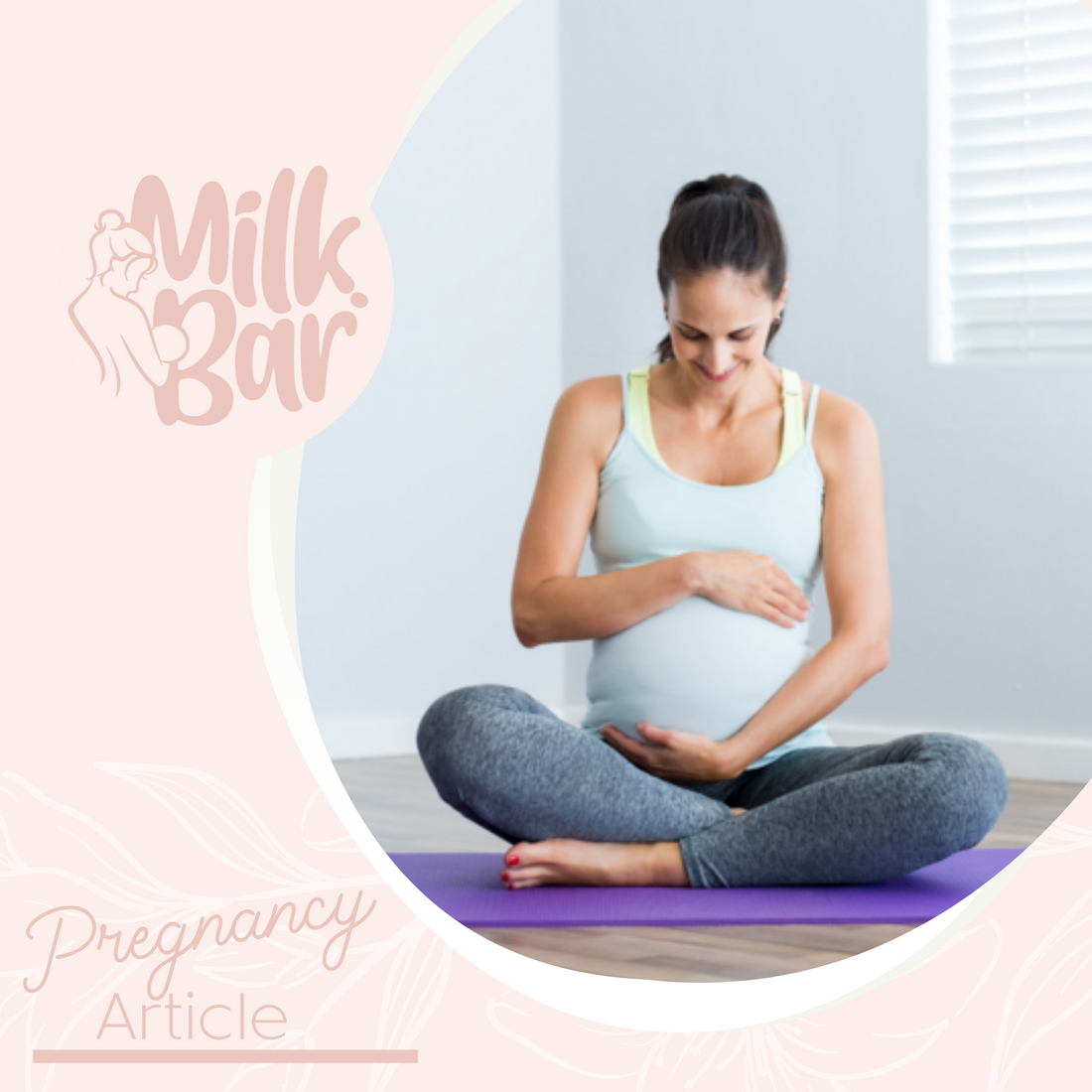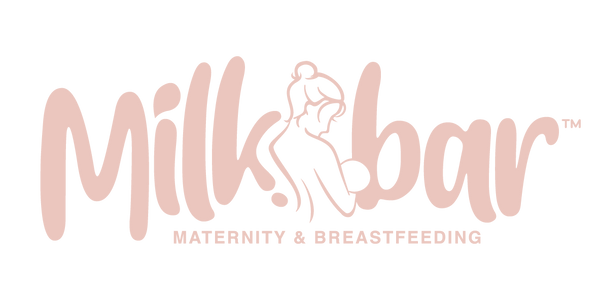
Pregnancy, Exercise & Diet
Share
It’s positive. You are pregnant! A completely new world of mixed emotions has suddenly opened up. Disbelief, contentment, acceptance, joy, and fears, the list is never-ending. However for most women, they are ultimately eager to face a roller-coaster of challenges in the next few months.
Being pregnant is one of the most breathtaking phenomenons endured by us. At no other point in our lives will we feel so many physical and emotional changes as we do when we are pregnant. You will witness your feet disappearing from your view and feel like you have become the host to a kick-boxing tournament inside your belly. All of these are the precious moments that you will treasure for life, and keeping in reasonable shape will help you enjoy everything!
To ensure healthy eating during pregnancy, try to maintain a well-balanced diet that includes folic acid, calcium, carbohydrates, iron, protein, fat and Vitamins A, C, D, B6 and B12.
A daily diet consisting of fresh vegetables and fruits, especially folic-acid rich dark green vegetables and citrus fruits; carbohydrate foods such as grains, potatoes, pasta and bread; lean meat, milk and dairy products like low-fat yogurt and cheese.

Eat fish once or twice a week but make sure to avoid fishes high in mercury such as shark, marlin and swordfish because consuming too much mercury has a harmful effect on the baby’s nervous system.
Drink lots of liquid – water, diluted vegetable and fruit juices – to prevent dehydration and keep your kidneys and bladder healthy.
Try to resist the urges for too much sugar as your body can crave it when you are lacking energy or feeling tired (which you most likely will be at some point during your pregnancy!). Don't deny yourself the odd treat - let's be realistic, but if it becomes a frequent urge try and opt for a healthier alternative. Some of my fave healthy snacks are coconut yogurt with blueberries or banana, popcorn with a touch of icing sugar, grapes (or any delicious fruit) and smoothies!

This is my go-to smoothie recipe:
- 1/2 cup frozen Strawberries (Fiber, Iodine, Folate, Copper, Potassium, Biotin, Magnesium, Vitamin B-6, and Omega-3 fats)
- 1/2 cup frozen Banana (Vitamin B-6, Manganese, Vitamin C, Potassium, Fiber, Protein, Magnesium, Folate)
- 1/2 cup plain Greek Yogurt (Calcium,Vitamin B-12, Vitamin B-6, Magnesium, Protein, Potassium)
- 1 tablespoon Chia seeds (Essential fatty acids, vitamins A, B, E and D, minerals, including iron, iodine, magnesium, manganese, niacin and thiamine + rich source of antioxidants).
- 1/2 cup unsweetened Almond Milk (Vitamins B2, B12 & E. High in Calcium)
- A splash of vanilla extract.(Yum!)
Healthy, filling, pregnancy vitamin rich & YUM! Add some oats to give you a boost in breast milk supply when breastfeeding and voila, super breastfeeding smoothie!
Our body’s nutritional demands can be translated to our pregnancy cravings. It is generally our body’s way to communicate externally by providing inklings of foods that are needed for the nourishment of the growing baby. When I was pregnant with Billy I was all about the red meat - when I am usually a white meat fan - indicating a need for more iron. This pregnancy I have been loving glasses of milk throughout the day - indicating a need for more calcium. Changes in nutritional needs are mainly related to our body’s adaptation to pregnancy and how they respond to the baby’s growing demands.
In addition to proper diet, supplementary pre-natal vitamins can ensure that you get all the necessary vitamins and minerals needed in the development of a healthy baby and your midwife will likely prescribe you folic acid, iron and iodine tablets to take throughout your pregnancy and nowadays, the traditional cliché of 'eating for two' can be substituted with eating the right kinds of food for two!
In pregnancy it is safe to and healthy to gain weight. The right amount of weight gained is essential and crucial all throughout your pregnancy. However, what we would like to avoid as much as possible is gaining more weight than we should. If you are within the healthy weight range, the ideal weight gain is said to be anywhere between 11-16 kilograms, if you are underweight then you may gain more, or if you are overweight you should look to gain less.
Exercise also plays a big part. Safe exercise during pregnancy not only helps you control weight gain but it also decreases your risk of labor complications, can shorten the span of time of your labor and promotes a faster recovery after giving birth.
The following are some of the benefits that you can gain from pregnancy workout:
- Good posture
- Lower risks of back pain
- Strong and fit muscles for labor
- Good blood circulation
- Flexibility
- Increased level of energy
- Endurance
- Relaxed muscles
- Reduced irritability and moodiness
- Self confidence
- Better nights sleep
Be sure to stay cool and hydrated while exercising. Wear comfortable and loose clothing when exercising and drink lots of water before and during workout. Never push yourself to the point of fatigue or exhaustion. You know you are exercising at the right pace if you can carry a conversation easily while working out.

Your fitness pregnancy program could include any of the following exercises:
Walking: This is the most recommended activity for pregnant women because it is easy to do and effective in improving your cardiovascular strength. Best of all, walking is safe. It is the ideal exercise to start your fitness pregnancy program.
Swimming: Just like walking, this activity is perfect for expectant mothers because you can work out your whole body without the strain to your joints thanks to the water’s buoyancy - it also just gives you a light feeling and takes off the strain in general!
Aerobics: Choose low-impact aerobic exercises. Look for DVDs that feature aerobic workouts specifically for pregnant women.
Prenatal Yoga/Stretching: Exercises based on these relieves tension and improves strength and flexibility of the body for pregnancy, labor and post-partum recovery. It also helps with correct alignment, breathing and mental state for birthing - I highly recommend yoga in Pregnancy.
Ensure you practice safe exercise during pregnancy - here are some useful guidelines that you may want to consider:
Pay attention to your body:
If you run out of breath or feel dizzy, then that’s your signal to take a rest. Once you regain strength, then you can restart but at a slower pace. Pregnancy is not the time to push to your limits. A good indication is that if you can't hold a conversation whilst doing your exercise, you are likely pushing too hard.
Be well hydrated:
Drink plenty of water in between exercises. It is a simple way of not getting overheated as raising basal temperature is dangerous to your pregnancy.
Avoid Injury:
Your joints and ligaments are softer and less stable as they usually are due to the release of a hormone called Relaxin during pregnancy. Have plenty of support especially on your back and try to cut out floor exercises if you are beyond 20 weeks of pregnancy due to the restriction of blood flow this can cause to the uterus.
Safety First:
Observing safe exercise during pregnancy is important. You may be a super active person prior to your pregnancy, but exercise during pregnancy is something that should always be done with great care and with moderation.
Remember:
Always stop exercising at once if there is sudden pain in the chest, pelvis or abdominal area, if you are short of breath or dizzy and if you experience severe headache or blurry vision. Likewise, vaginal bleeding or leak of fluid from the vagina is a sign that you need to stop and see your doctor immediately. If you are unsure what exercise is right for you and your pregnancy, consult your LMC or GP for guidance.
If you want to find some more support and other mums to bounce ideas, advice, laughs and questions around with - come join us in Milkbar Mum Chat on Facebook, together, we've got this!
xx Laura
